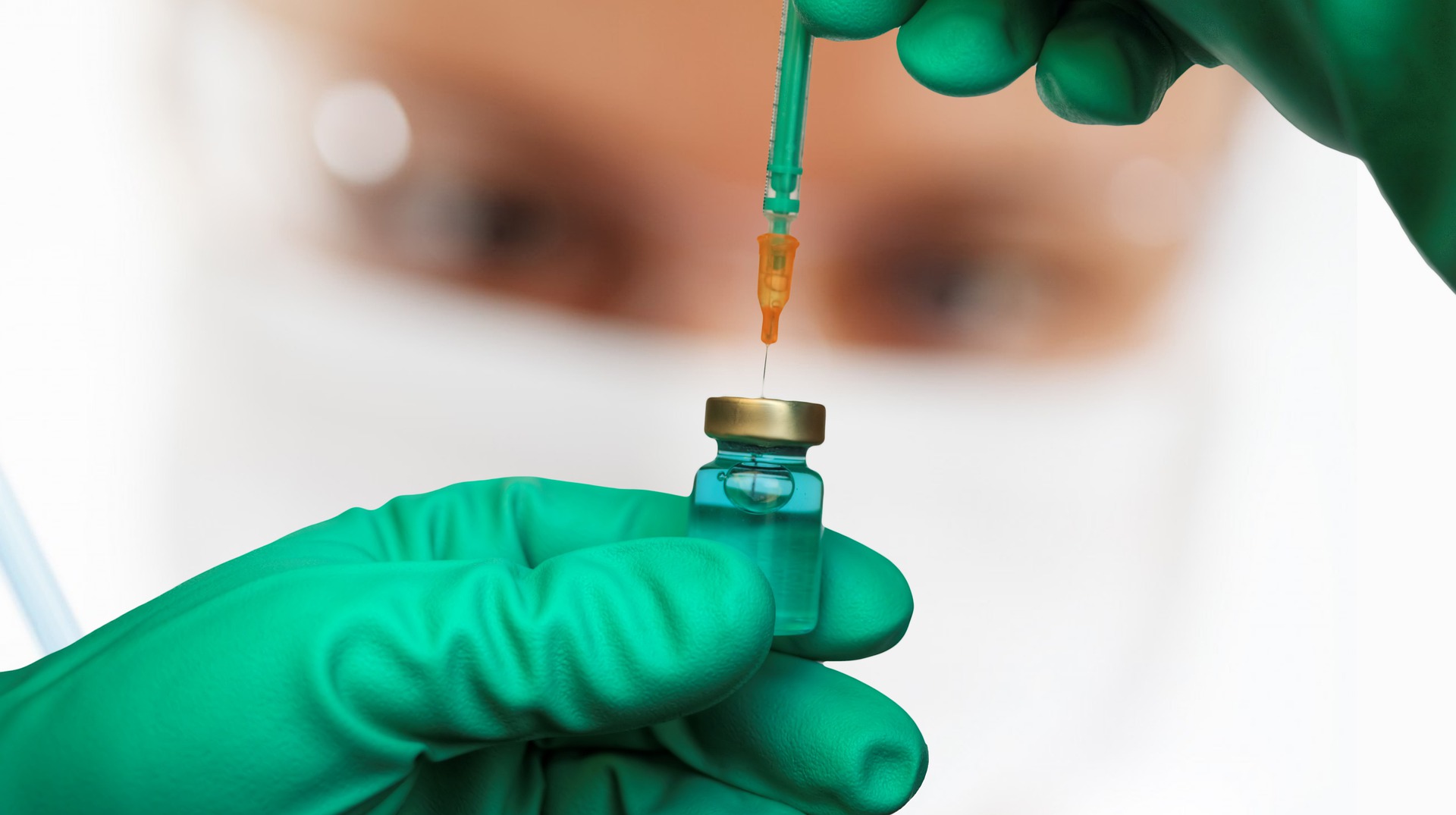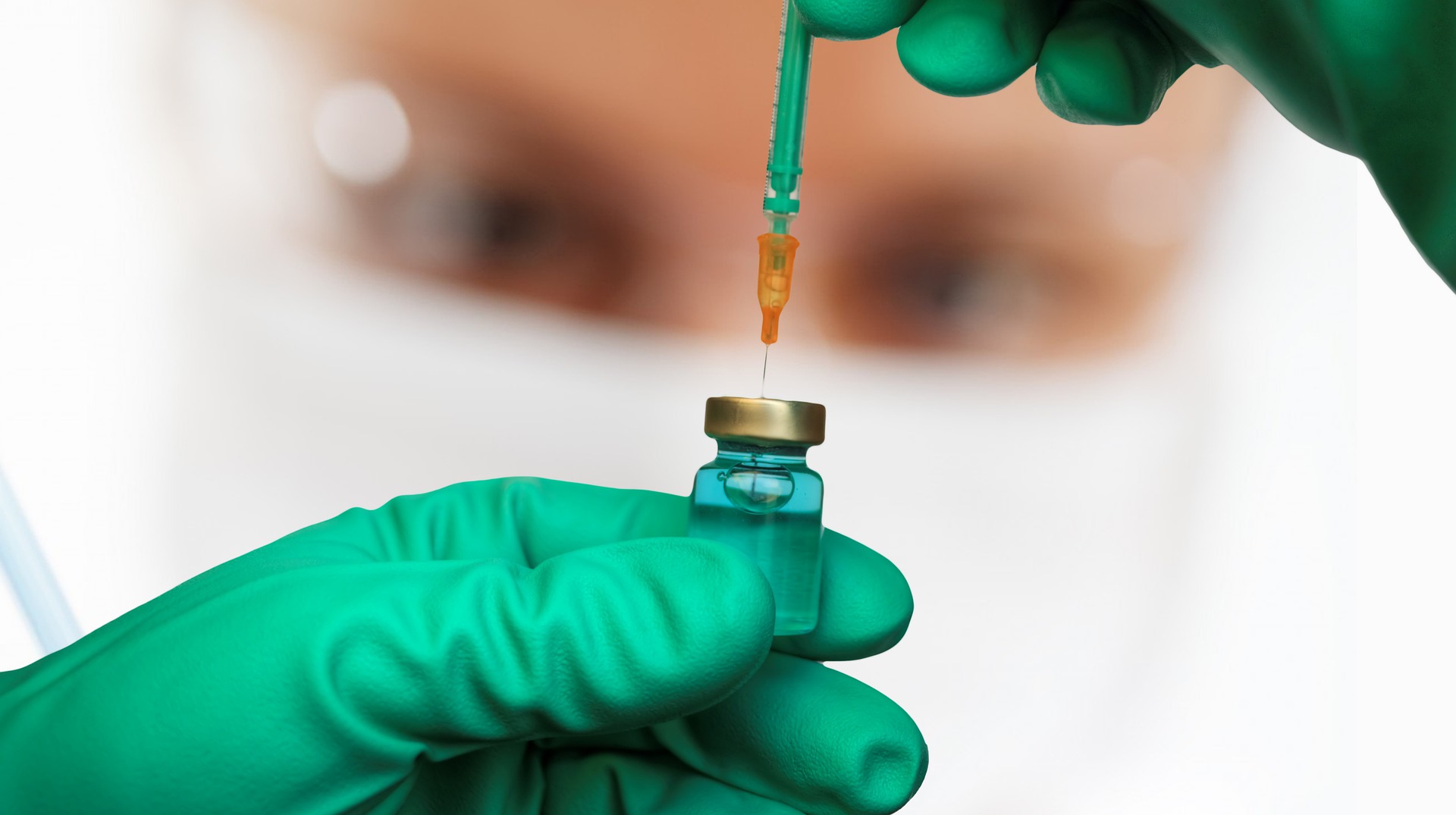 As I mentioned in my previous blog about the difficulties of losing and keeping off weight, leptin plays a significant role in weight loss and maintenance and is secreted by our fat cells. For decades, scientists have known that leptin plays a role in weight loss, but were not certain about the exact role. Over time there have been countless studies where leptin injections were given to subjects to aid weight loss. But there are still many questions that must be answered about leptin and weight loss such as are leptin injections a practical solution to help people lose or keep off weight? Can they help obese people lose weight? Are they safe? Can they reverse the slowed metabolism caused by weight loss? I go over these questions and much more in this week’s blog!
As I mentioned in my previous blog about the difficulties of losing and keeping off weight, leptin plays a significant role in weight loss and maintenance and is secreted by our fat cells. For decades, scientists have known that leptin plays a role in weight loss, but were not certain about the exact role. Over time there have been countless studies where leptin injections were given to subjects to aid weight loss. But there are still many questions that must be answered about leptin and weight loss such as are leptin injections a practical solution to help people lose or keep off weight? Can they help obese people lose weight? Are they safe? Can they reverse the slowed metabolism caused by weight loss? I go over these questions and much more in this week’s blog!
What is leptin?
Leptin is one of many hormones that regulate our feeding habits and energy balance. As we gain weight and more fat mass, our leptin levels rise, which decreases hunger and increases our metabolism (energy expenditure). When we reduce calories or lose weight, leptin levels fall, increasing hunger and slowing the metabolism in an effort to put back on lost weight. As we become increasingly obese, we become resistant to the effects of leptin. This may have evolved as an efficient way to store energy in times of abundance. Suffice it to say, leptin levels play a big role in weight loss and maintenance but lose their effect when we begin gaining significant amounts of weight.
People born with a leptin deficiency usually become obese as children
People born with gene mutations that cause leptin deficiency often develop extreme obesity early in life, partly owing to insatiable hunger and chronic overeating. When these same people are given leptin treatment, they often experience a drastic reduction in appetite and food intake, along with a dramatic loss of body fat.
Weight loss and decreased leptin levels
Production of leptin is decreased during fasting (1). A seven-day study put a group of men and women on a calorie-restricted diet and measured its effect on leptin levels and metabolic parameters. The women consumed 630 kcal/day and the men 840 kcal/day. After seven days, there were significant weight and fat losses in both groups. Both groups experienced significant decreases in leptin, insulin, and glucose.
Administering leptin reverses changes in our brain activity caused by weight loss
Leptin levels increase or decrease depending on the amount of fat we have. Leptin causes changes in areas of the brain that regulate appetite. Leptin acts on neurons in the brain, which release appetite-disabling or appetite-stimulating neuropeptides responsible for regulating our intake of food. Leptin also interacts with a brain region involved in the motivation for and reward of feeding and with the brain stem responsible for satiety (3). Long-term administration of leptin in mice increased the number of synapses on neurons that secrete appetite-disappointing hormones while decreasing the number of synapses on neurons that secrete appetite-stimulating hormones.
An interesting study measured brain activity when presented with food using an MRI (2). The brain activity of obese patients was measured after a loss of and maintenance of weight 10% below their initial weight. During weight loss, leptin levels fell, and brain activity in areas related to cognitive, emotional, and sensory control of food intake increased (the brain activity changed to increase the desire for food in subjects during weight loss). When leptin was administered and levels returned to pre-weight loss levels, the changes in brain activity that increased the desire for food were returned to normal (pre-weight loss levels). This study showed that losing weight reduces leptin levels and causes an increased desire to eat, and that returning leptin levels to pre-weight loss levels returned the desire to eat to pre-weight loss levels.
Studies linking leptin injections to weight loss and endocrine changes
I found a study that showed that leptin injections caused significant weight and fat loss in obese and lean subjects (4). However, I have a hard time believing the authenticity of this study since the authors are employees of the company that supplied the leptin injections.
One study that administered low-dose leptin to subjects maintaining a 10% reduction in weight found that the leptin injections were associated with an increase in energy expenditure (metabolism), increased circulating levels of thyroid hormones, and increased sympathetic nervous system activity, all of which contributed to pre-weight loss levels (5).
Leptin injections increased weight loss in severely calorie restricted men
I found a study that showed that leptin injections caused significant weight and fat loss in obese and lean subjects (4). However, I have a hard time believing the authenticity of this study since the authors are employees of the company that supplied the leptin injections.
One study that administered low-dose leptin to subjects maintaining a 10% reduction in weight found that the leptin injections were associated with an increase in energy expenditure (metabolism), increased circulating levels of thyroid hormones, and increased sympathetic nervous system activity, all of which contributed to pre-weight loss levels (5).
Weight loss from a leptin/amylin combination injection
Amylin is a hormone responsible for slowing the emptying of food from the stomach into the intestines (keeping you full longer), thereby reducing food intake. It plays a part in the short-term regulation of food intake. One study compared weight loss from amylin injections, leptin injections, or a combination of amylin and leptin injections. Researchers believed that combining both of these hormones would produce greater weight loss than the use of each individual one.
The study found that during the first 12 weeks of the study, all subjects lost weight, but this was the point where the weight loss for subjects receiving just leptin or just amylin leveled off (7). The subjects receiving the leptin/amylin combination injections continued losing weight through the 20-week study and, by the end, lost significantly more total weight than subjects receiving just leptin or just amylin. Unfortunately, the researchers did not measure the change in metabolism, sympathetic nervous system, or hunger in the subjects.
Leptin injections are likely safe
I usually do not advocate taking supplements for weight loss. Leptin, however, is not a supplement. After researching how our bodies work against us to gain back lost weight, and experiencing this issue first hand, I feel that leptin can play a role in weight loss and maintenance. I am a strong believer in that our bodies have evolved to regulate hormones and other physiological processes on their own, and usually do not require any exogenous hormones.
I believe leptin is safe for the following reason. Leptin levels are never static. If we lose weight, they decrease, and if we gain weight, they increase. Our leptin levels are constantly fluctuating. When we administer leptin to someone that has lost weight, we are just bringing the levels up to pre weight loss levels. If we administer leptin to bring concentrations significantly higher than pre weight loss levels, I may have an issue with this. Regardless, if it helps someone lose and keep off weight, it may be worth the potential side effects.
Studies in which leptin injections did NOT reverse metabolic adaptations to weight loss
There are a handful of studies that found that leptin injections did not aid weight loss or increase sympathetic nervous system activity. One study of obese men on semi-starvation diets found that weekly injections of leptin did not reverse the decrease in thyroid hormone concentrations or reverse the decrease in sympathetic nervous system activity (which decreases our metabolism), although leptin did decrease hunger and induce more weight loss. (4). After 6 weeks of calorie restriction, leptin levels decreased by 72%. Although the subjects in the leptin group lost more weight, the injections did not reverse the metabolic changes associated with calorie restriction.
I guess the important point here is that leptin injections did lead to more weight loss. As it did not increase metabolism, it likely decreased hunger and resulted in a lower intake of food in the subjects receiving the injection. It really does not matter how leptin injections cause weight loss. In the end, weight loss is weight loss (barring any dangerous diets or supplements).
Losing weight slowly leads to sustained weight loss
Even discounting the role of leptin, the bottom line is that we have to lose weight slowly if we hope to maximize weight loss. If we drastically cut calories or lose too much weight too fast, our metabolism comes to a halt. If we instead lose a pound a week, our body will keep our metabolism normal. In fact, if your daily caloric intake is just slightly below the daily amount of calories needed for maintaining body weight, your higher metabolism will cause you to burn off almost everything that you eat. You may be eating more, but the higher metabolism will cause you to burn more calories. Over time, this small calorie deficit will result in a slow but steady weight loss, as opposed to drastically undereating, which will cause significant weight loss at first but level off after a few months when your metabolism drops.
Instead of drastically cutting calories and going into starvation mode, if you cut just a few hundred calories a day, your metabolism will remain normal, you will not be hungry, your thyroid levels will not decrease, you will feel more energetic, and your body will not be holding onto your fat. If you want to take the quick way out, you will eventually fail.
Final word
One cannot say with certainty whether or not leptin injections help reverse some of the metabolic adaptations associated with weight loss, although it seems likely that leptin may cause weight loss through its effect on appetite reduction. We do know, however, that leptin injections are of little use in already obese subjects who have high leptin levels but are resistant to their effect. Leptin injections seem promising for weight loss. It is a potentially cheap, safe, and effective solution for reversing the metabolic effects of weight loss. Hopefully, more studies will be conducted on this topic, so we can get a more definitive answer about its effectiveness.
Sources
- Dubuc, G. R., Phinney, S. D., Stern, J. S., & Havel, P. J. (1998). Changes of serum leptin and endocrine and metabolic parameters after 7 days of energy restriction in men and women. Metabolism, 47(4), 429-434.
- Ahima, R. S. (2008). Revisiting leptin’s role in obesity and weight loss. The Journal of clinical investigation, 118(7), 2380.
- Kelesidis, T., Kelesidis, I., Chou, S., & Mantzoros, C. S. (2010). Narrative review: the role of leptin in human physiology: emerging clinical applications. Annals of internal medicine, 152(2), 93-100.
- Hukshorn, C. J., Menheere, P. P., Westerterp-Plantenga, M. S., & Saris, W. H. (2003). The effect of pegylated human recombinant leptin (PEG-OB) on neuroendocrine adaptations to semi-starvation in overweight men. European Journal of Endocrinology, 148(6), 649-655.
- Rosenbaum, M., Goldsmith, R., Bloomfield, D., Magnano, A., Weimer, L., Heymsfield, S., … & Leibel, R. L. (2005). Low-dose leptin reverses skeletal muscle, autonomic, and neuroendocrine adaptations to maintenance of reduced weight. Journal of Clinical Investigation, 115(12), 3579.
- Hukshorn, C. J., Westerterp-Plantenga, M. S., & Saris, W. H. (2003). Pegylated human recombinant leptin (PEG-OB) causes additional weight loss in severely energy-restricted, overweight men. The American journal of clinical nutrition, 77(4), 771-776.
- Ravussin, E., Smith, S. R., Mitchell, J. A., Shringarpure, R., Shan, K., Maier, H., … & Weyer, C. (2009). Enhanced weight loss with pramlintide/metreleptin: an integrated neurohormonal approach to obesity pharmacotherapy. Obesity, 17(9), 1736-1743.





Question….are this Leptin injections only prescribed by doctors, or anyone can buy them? Or they can also be prescribed by a nutriotionist?
Nice post!
Hey Bernal! From what I read, you need a doctor’s prescription to get leptin injections in the United States. I am not sure if you need a prescription in Guatemala. I am not even sure if they would give you a prescription in the United States unless you had a medical condition where you were deficient in leptin. The relationship between leptin levels and obesity is still controversial. Since the results of the studies have been mixed, leptin injections are not usually prescribed. In the future, if we find out that leptin injections without a doubt help reverse obesity, than it may be easier to get a prescription. If someone could get their hands on leptin injections, I believe that there is little risk of side effects or any danger. Leptin is naturally produced, and everyone’s levels are different, so changing your level with an injection should not cause any problems.
Thanks for the comments! I always look forward to them!
I do believe the Leptin injections should be provided with a medical prescription only as people would abuse them without thinking of the side effects.
I have been prescribed Leptin injections. Start 0.6 daily and after a week 1.2 daily via injection into the stomach, leg or arm. I have Hypothyroidism and had a gastric bypass in 2009.
I suffer from Neuropathic pain and cannot exercise regularly. I have been prescribed these injections to help manage my steadily increasing weight.
Should I try and restrict calories on like a shakes type diet as I wont feel as hungry? Or carry on following slimming world which doesn’t really restrict calories but uses food optimisation?
Many Thanks
Hi Tammy. Thank you for your question!
Protein shakes are often a good idea. They keep you full longer than carbohydrates or fats. Can you tell me more about the food optimization you mentioned? I never heard this term?
Thanks!